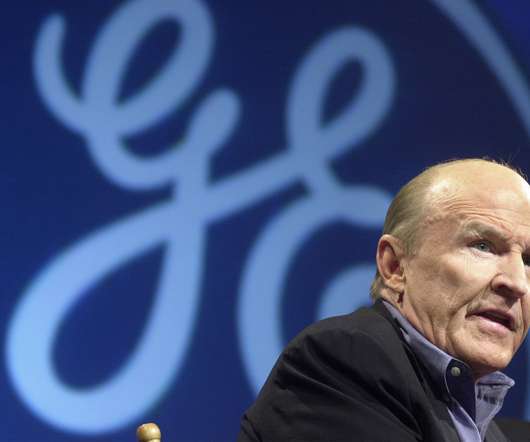Green to the core? Top business schools are drilling sustainability into their core curricula
Corporate Knights
NOVEMBER 8, 2023
He’s proud to say that Bard’s MBA in Sustainability is the only one on offer at Bard; in his view, the “conventional” MBA – that either ignores sustainability or treats it as a nice-to-have elective – belongs in the history books. The Bard program also wants to upend demographic trends. Elbasha says most business schools are following suit.












Let's personalize your content